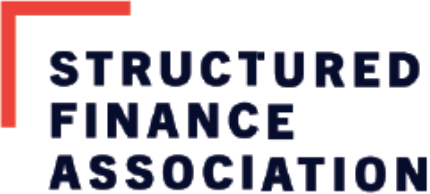Our mission: Financing Responsible Lending
article by Michael Bright
Securitization is a kind of structured finance that transforms individual loans made to borrowers like you into financial instruments — called securities — that can be more readily sold to investors, including managers of your retirement money.
At their core, structured finance and securitization are about increasing the flow of global capital into the U.S. economy so that attaining your next car, your house, your retirement or your children’s education is within reach.
It’s meant to be done in a responsible manner, and that’s a philosophy we are committed to. The process not only makes credit available to borrowers, but also creates investments that asset managers with a fiduciary responsibility can buy to match their clients’ investment objectives and risk tolerance while providing diversification from equity and other fixed income markets.
The process of pooling loans together as a security that creates a fixed-income return — for a retiree, pension fund manager, or other type of investor — is about using tools that help grow credit availability and the real economy.
At the end of the day, through securitization and structured finance, more families, individuals, and businesses have access to essential credit, seamlessly and at a lower price.
Today, the processes that fuel securitization and boost market liquidity are managed — with extensive government oversight — by an industry that recognizes that long-term financial stability for consumers and the economy as a whole is in the interest of everyone.
At the Structured Finance Association, our mission is to make sure our industry can and does finance responsible lending. To that end, our core values are as follows:
- Help grow the real economy and improve the lives of individuals, families, businesses, and communities across the nation.
- Help make credit more affordable and available to people who need it to finance some of life’s biggest goals — education, car purchases, starting a business, buying a home — or reduce their debt through consolidation loans.
- Safeguard essential protections for consumers and the financial system.
- Facilitate valuable dialogue among the financial services market, its practitioners, policymakers and the broader public.
- Recognize that all finance entails risk, but it should not involve recklessness.

